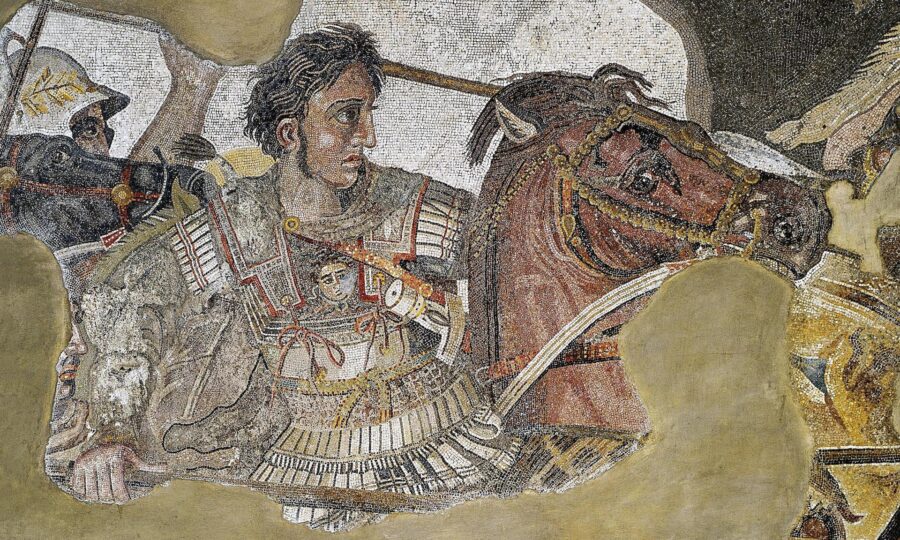
The victory in this kind of battle is truly Pyrrhic: character is a face that one sets to the world, but it hides an inner defeat. The child emerges with a name, a family, a play-world in a neighborhood, all clearly cut out for him. But his insides are full of nightmarish memories of impossible battles, terrifying anxieties of blood, pain, aloneness, darkness; mixed with limitless desires, sensations of unspeakable beauty, majesty, awe, mystery; and fantasies and hallucinations of mixtures between the two, the impossible attempt to compromise between bodies and symbols.
Becker, The Denial of Death
When Alexander the Great, the verdant King of Macedon, crossed the Gates of Persepolis in seeming victory, he remained nevertheless wanton, rejecting all counsel to make peace. Alexander instead set his gaze on the rising Sun—weary perhaps the shadow light casts, setting off upon Bucephalus in search of putative victory. The Madman of Macedonia arriving in the last on the banks of Hydaspes, where confronted with overwrought resistance, began arduous retreat from whence he came. The withdrawal decimating the gang of thieves, murderers and rapists—claiming in the last their ignominious leader. Alexander the Fool, hollowed King of the Hellenistic Age, passing away in haze of delirium, leaving in wake only ripples.
BIBLIOGRAPHY: 1. The Alexander Mosaic. circa 100 BC. Mosaic. National Archaeological Museum, Naples. 2. Becker, Ernest. The Denial of Death. New York: Free Press, 2007. Print.